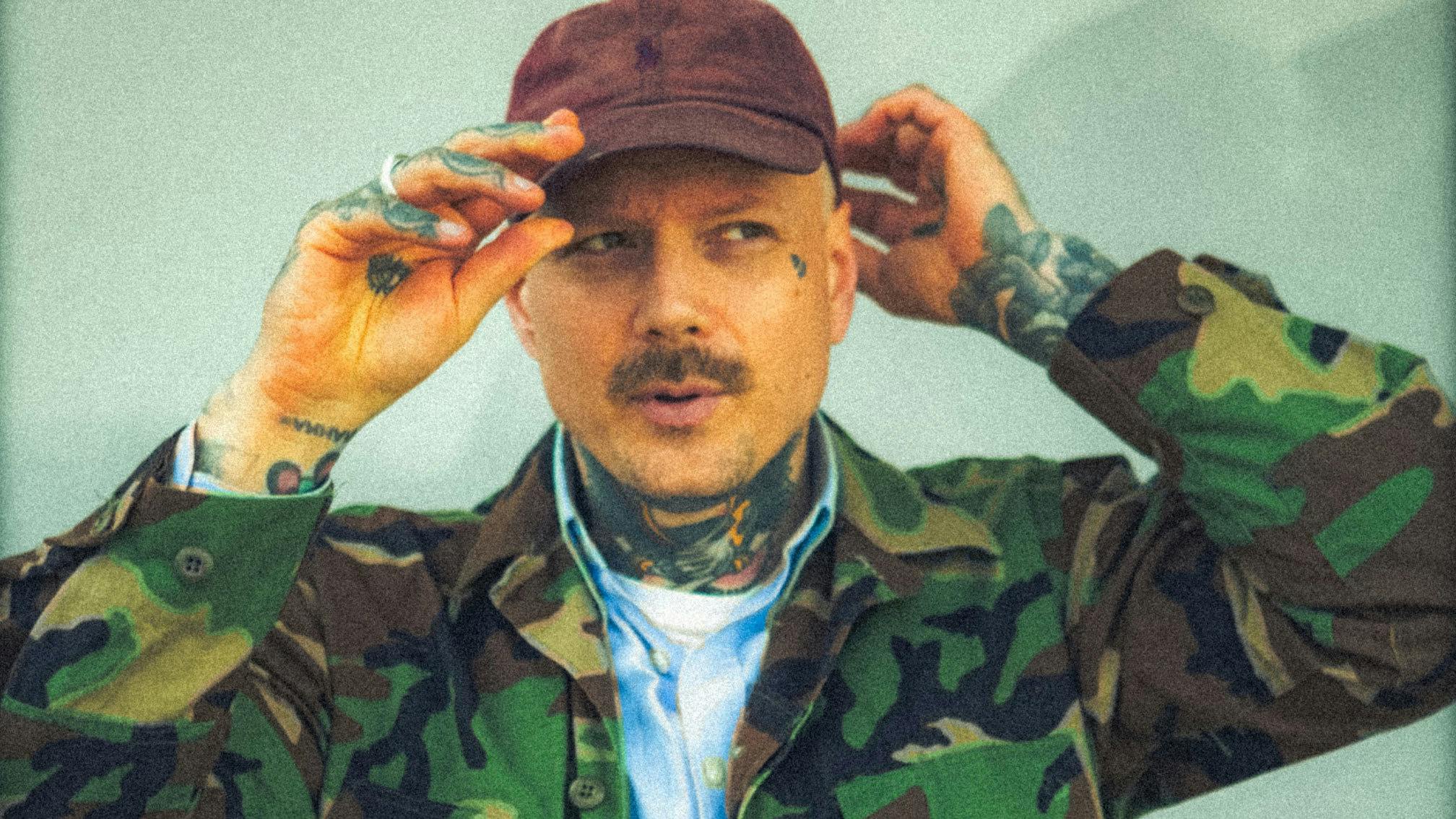“Looking back at my childhood, a lot of my memories are very chaotic and I have a hard time remembering details. But I do remember getting frequently yelled at in school and feeling very misunderstood. Thanks to my parents, I got diagnosed with ADHD at a pretty early age. I was around 12 – 13 years old at the time. If it hadn’t been for my parents fighting the system and fighting for me to get the help and understanding I needed in school, I believe my story would have turned out very differently.
“I was really bad at school and all the teachers probably thought that I would make nothing out of myself, but I was so incredibly interested in the things I was interested in and it eventually shaped my life into what it is today. I think it’s important for everyone to remember – whether or not they have an ADHD diagnosis or not – that there is not one way that fits everyone. And just because you’re not an academic and kick ass in school, doesn’t mean that you’re not able.
“I guess the younger you are diagnosed the easier it is to understand why certain things are the way they are. Looking back at my first years at school, for example, I guess they were pretty tough and I constantly felt like an outsider. I think my diagnosis eventually steered me in the direction of a culture and people that makes me feel like I belong. However, I think knowledge is key and I still, to this day – 25 years down the line – continue to seek information about ADHD. And I also share that information with family members and friends to help them understand certain parts of my personality.
